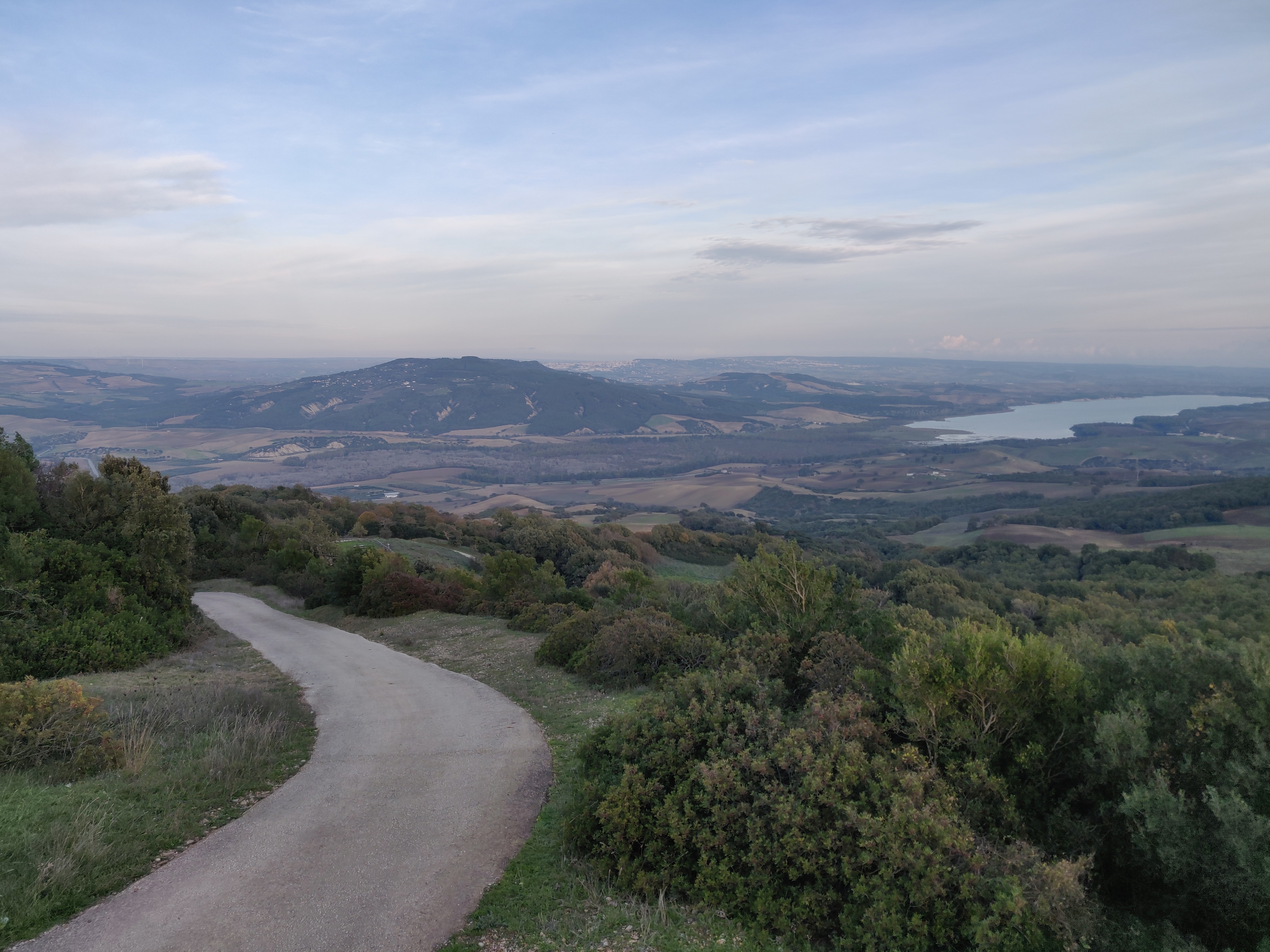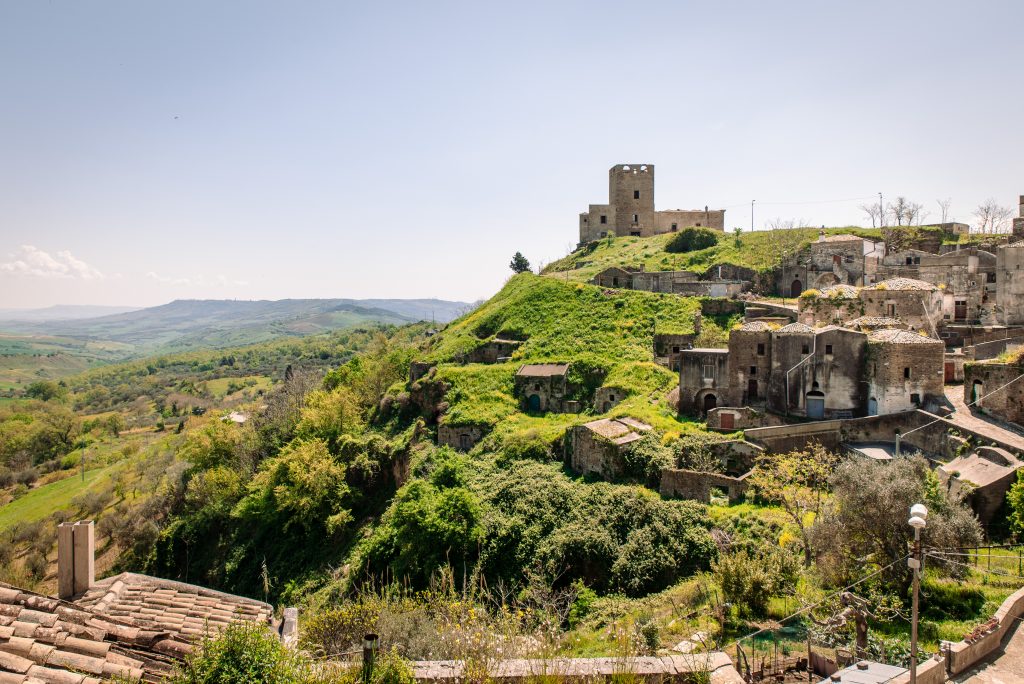
Remote work as an opportunity for rural areas
In Grottole, Basilicata, we host, for medium to long periods, remote workers. We do this in the only two rooms available in our Wonder Casa, in a mode we have called rural coliving. And we are moving our steps toward a sustainable model for hosting digital nomads in symbiosis with the whole local community.
Remote work is becoming increasingly widespread, and it has important repercussions on the quality of life of workers and territories that are intercepting the flows of digital nomads who have begun to move from big cities in search of a better quality of life.
Digital nomadism is a controversial phenomenon; in Portugal, for example, the increased cost of living for the local community due to the arrival of expats from the United States is beginning to attract several critics. Remote work, if managed well, can create sustainable development opportunities for rural areas and small towns.
Some nomads spend longer periods in one place seeking a deep connection with the local community, bringing new skills and cultural and economic stimulation to the peripheries of an urban-centric world. They become an opportunity for host territories and communities.
But who are the digital nomads? We asked ourselves that question and did some research.

Digital nomadism as a social phenomenon
Digital nomads are people who use technology to work remotely, adopting a lifestyle not bound to a specific location. As early as 1997, Makimoto and Manners sensed that in a globalized future, new technologies would make possible new relationships between work, leisure, and travel, but it is only with the Covid-19 pandemic and the spread of remote working to large segments of the population that this lifestyle has taken hold consistently.
Digital nomads often combine a working and backpacker lifestyle, traveling and exploring new destinations. In particular, social media such as YouTube, Instagram, and TikTok have contributed to the increasing visibility of digital nomadism, with a variety of influencers and travel bloggers starting to chronicle their adventures around the world promoting this lifestyle (often in a romanticized way and without showing their followers the whole picture).
Measuring the size of the phenomenon is not easy, but according to research by MBO Partners in 2020, the majority of digital nomads belong to the Millennial generation (as many as 42 percent), followed by Gen X at 22 percent and Gen Z at 19 percent, while baby boomers account for only 17 percent of digital nomads. Also according to the same research, some of the main industries in which digital nomads work are IT (12 percent), education and training (11 percent), consulting, coaching and research (11 percent), sales, marketing and public relations (9 percent) and creative services (8 percent).
However, that of digital nomadism is still a burgeoning phenomenon, responding to a growing dissatisfaction with the traditional world of work and the new generation’s search for a better work-life balance, just think of great resignation or quiet quitting, and each digital nomad has different motivations (usually very personal and related to his or her own life path).

Digital nomadism as an opportunity for territories
Remote working and the spread of fast connections have the potential to create a kind of cyber-utopia where people can live in a place without traffic, pollution and urban overcrowding, perhaps with access to fresher, healthier food and a better quality of life in general. In Italy, these thoughts have taken hold with the Southworking debate: reviving small towns in southern Italy as a place to live while continuing to work for large companies based in the center-north or abroad.
Some areas are trying to actively intercept this new labor market trend. Real initiatives have sprung up to attract digital nomads and remote workers by offering services such as co-working and co-living, but also tax incentives.
In Venice, tourism is one of the main sources of employment, but it is also one of the main sources of gentrification that has led the resident population in the historic center to fall below 50,000 for the first time in 2022. Precisely to attract new residents, albeit temporary, the Venywhere portal was born. The initiative is designed to attract people who can work from anywhere, such as freelancers or remote workers, by offering a one-stop shop where people and companies interested in establishing their home or headquarters in Venice can find relevant information and access a range of specific services: places to work, places to sleep, authentic experiences to have with locals, and help with dealing with bureaucratic issues.
In Madeira, Portugal, a Digital Nomads Madeira Islands program has sprung up that offers free workspaces, reduced taxation, and a fast Internet connection. As well as a Slack community, a series of exclusive events, access to affordable places to sleep, and most importantly the figure of the local host who is responsible for connecting digital nomads and the local community.
There is no one-size-fits-all model to follow; each area has its own specificities and its own community to be able to listen to. At Grottole we are lucky to have a one-to-one relationship with our hosts and to be able to tell their stories, we did it with Capucine from Paris in this article and we will continue soon with Wilko, who chose Grottole to spend a few months working remotely while waiting to develop his own cohousing project in Hamburg.

